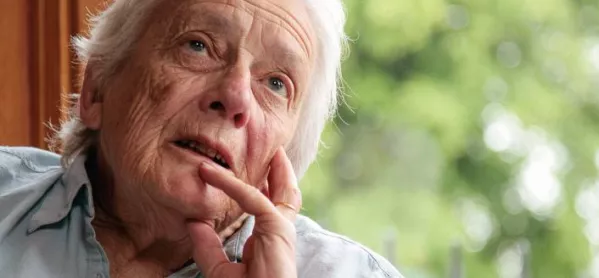Baroness Mary Warnock, who authored a landmark report on children with special educational needs and disabilities, has died at the age of 94.
In 1978, she laid down the blueprint for inclusion in the report of the Committee of Enquiry into the Education of Handicapped Children and Young People.
UCL Institute of Education associate professor Rob Webster has said: “There has not been a more broad-ranging report into special educational needs and disability since the Warnock inquiry… It remains the most comprehensive review of SEND to be commissioned by a UK government.”
The 1981 Education Act followed the report, and brought in the first qualified duty to include children with SEND in mainstream schools.
The report also inspired the system of statementing for children with SEND.
Ann Mroz, editor of Tes, said: “Mary Warnock was on my editorial board when I was editor of Times Higher Education.
“At meetings, I was always in awe of her intellect. But she was also very down-to-earth and practical.
Baroness Warnock ‘commanded attention’
“Later, when I sent a Tes reporter to interview her at home, she asked the reporter if she had a car. She replied that she did. Mary then asked her if she would take her down to Sainsbury’s to do her shopping. The reporter got her shopping and a great interview.”
Tes named Lady Warnock one of the 10 most influential people in the world of education in 2018.
The citation read: “If long-time special educational needs and disabilities champion Baroness Warnock remains the most influential voice in SEND, is that fact a sad reflection of the current visibility of the sector or a testament to how transformational Warnock has been for the education of children who find learning more challenging than their peers?
“The answer is a bit of both… She continues to be a figure who commands attention when she talks of SEND, as the 40th anniversary of her report demonstrated. This year, she has continued to set the agenda.”
Lady Warnock was not afraid to reassess her initial conclusions. In 2003 she spoke out about her concerns that while the system she had inspired had changed attitudes to disability, it had also become a financial battleground, and an overhaul was needed.




